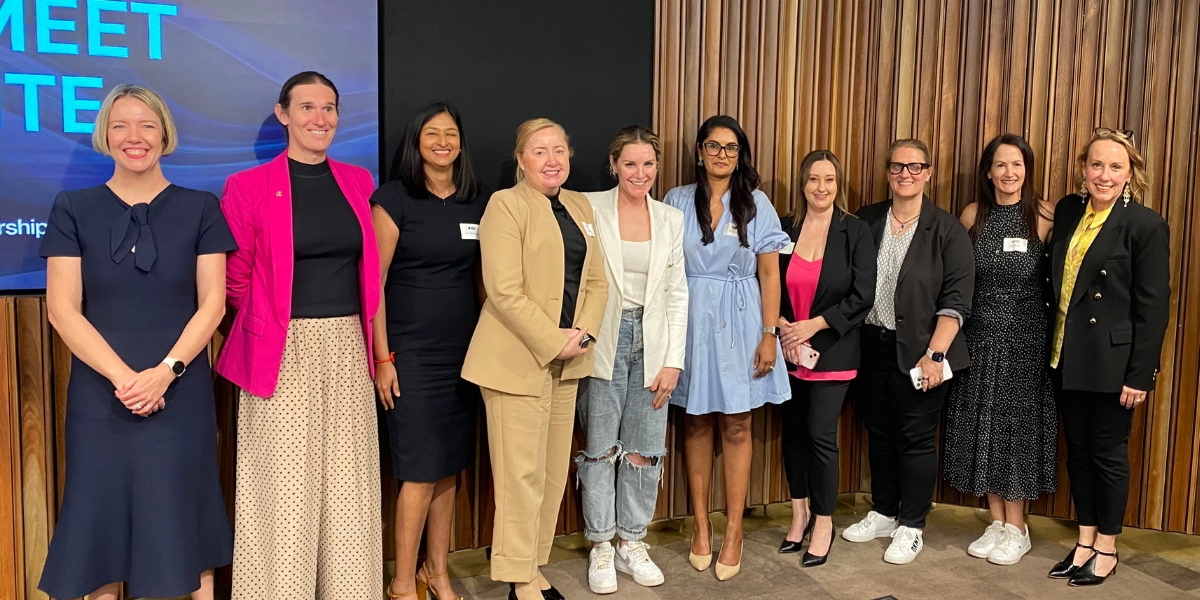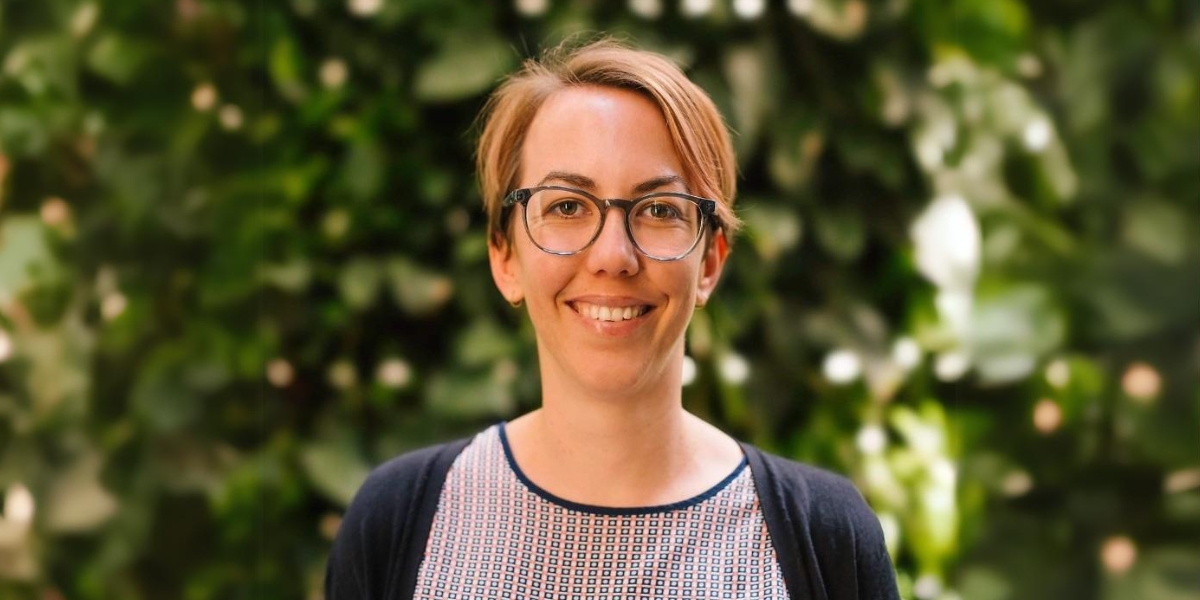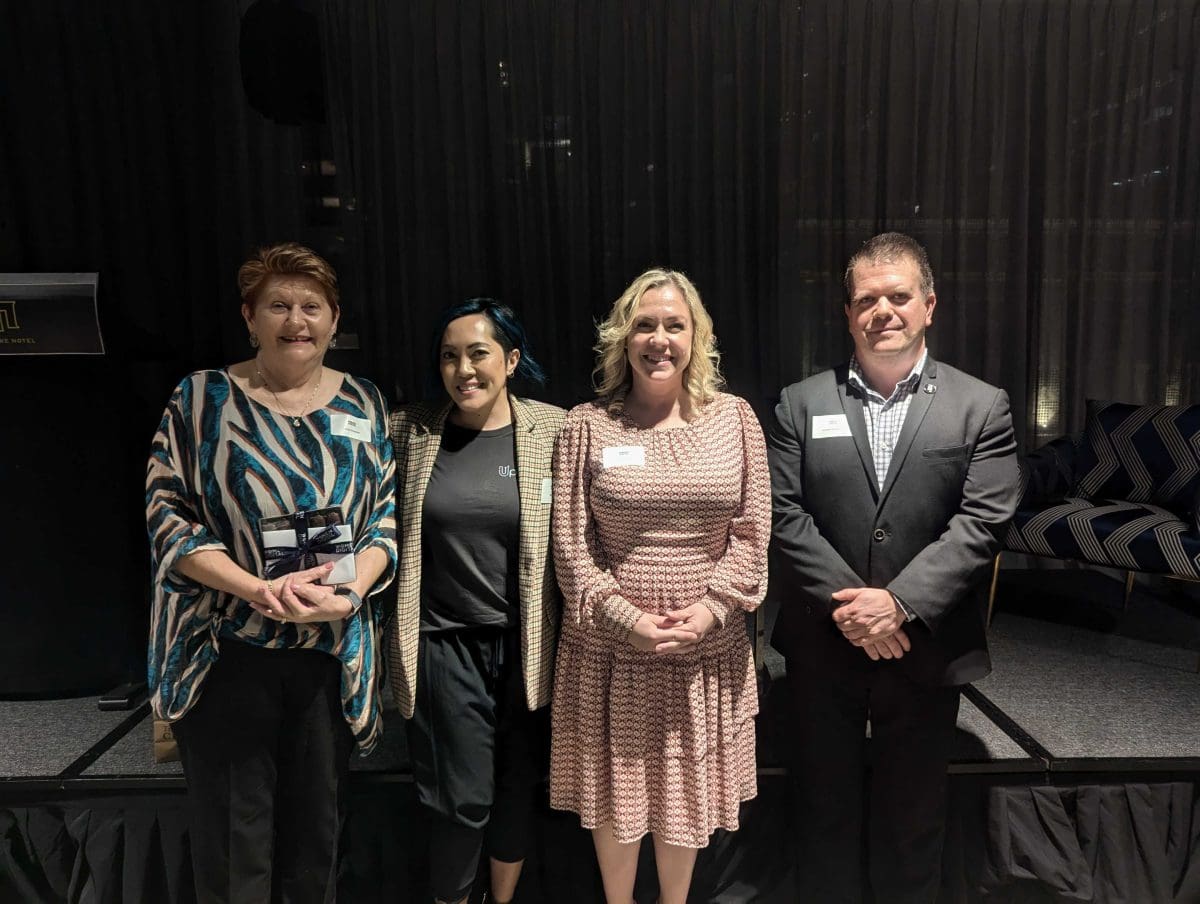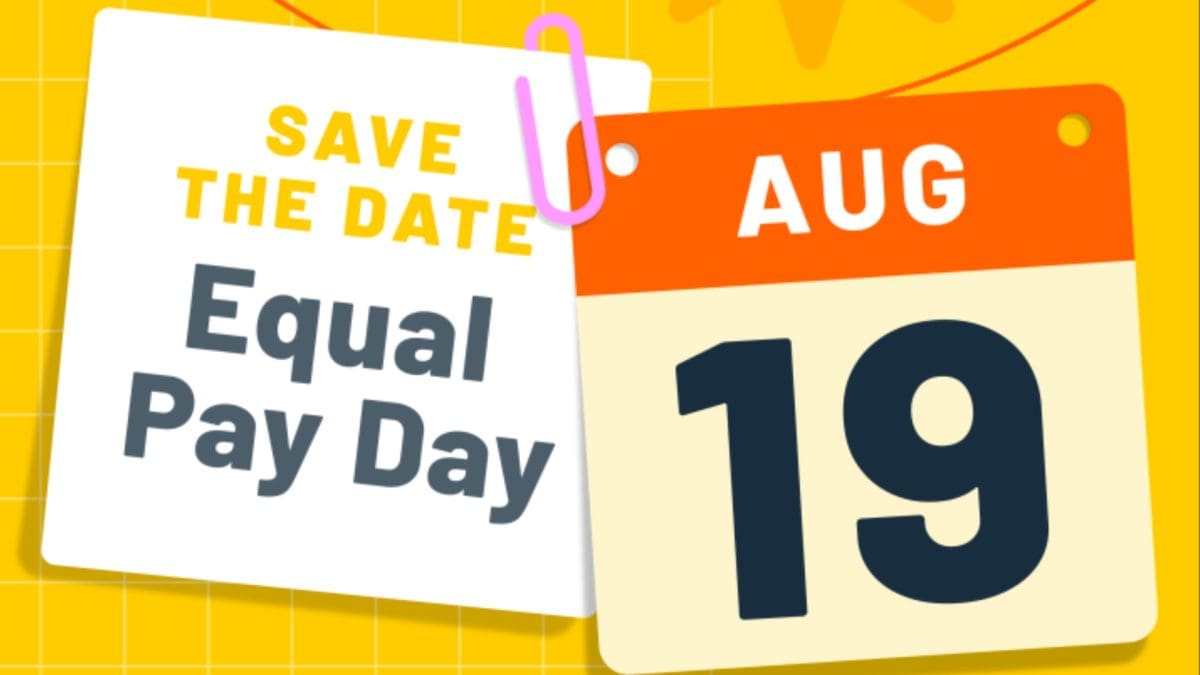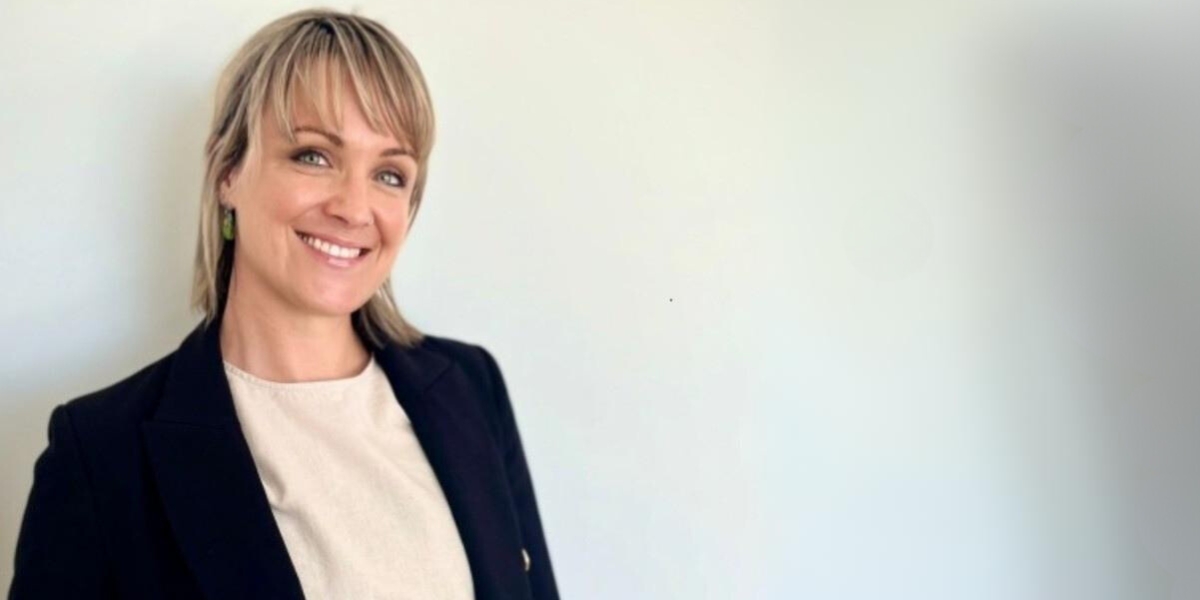Inspired. Motivated. Focused. Three words summarising how I felt walking out after two days at the Liquid Learning, Women in ICT and Digital Leadership Summit 2019.
I’m Emma Judd, Group Marketing Manager at Place Design Group and I was the lucky winner of the Women in Digital LinkedIn competition, to attend this Summit from July 23 2019 to July 24 2019.
You may have seen, I took over the @womenindigital Instagram Stories for the duration of the conference and can view my stories on their highlights here.
While it was two days jam-packed with an amazing lineup of speakers, the below will give you a brief insight and share some knowledge nuggets and relatable advice I personally took from this event.
DAY 1: 23 July
On day one of the summit we heard from some fantastic speakers, with the line-up including:
- Joanna Murray, Program Manager, Transformation & Innovation, Boral
- Chris Locke, Chief Information Officer, Flight Centre
- Deb Assheton, Expert Facilitator, The Amplify Group
- Wendy Bryant, Chief Information Officer, Transport for NSW
- Keli Saville, Regional Head of Data, AsiaPac, Vanguard
- Niamh Collins, General Manager, Digital, HFC
- Jade Carson, Director, IT Investments, Department of Education & Training
- Kirsty McKay, Group Manager, Program Delivery & Digital Transformation, Coates Hire
- Katie Payten, Director, Technology Assurance & Governance, Australian Securities & Investments Commission
- Kylie McLean, Chief Digital Officer, Australia & New Zealand, IBM
- Simon Noonan, Chief Information Officer, SportsBet
The first day, the first speaker at a conference is always exciting and generally sets the tone for what you can expect and Joanna Murray, Program Manager, Transformation & Innovation at Boral, did just that.
Setting us up for the day, Joanne asked us to reflect back to the start of our careers. Did we know what we wanted to be, and how we planned to get there? I know myself. I definitely had a plan and thought it would go a certain way but reflecting back, it was actually a very different path I’d taken. I think this is a really positive thought to reflect on, especially if you are a mentor or in a leadership role guiding your team through their career journey.
My favourite quote from Joanne’s presentation was, “Great leaders don’t think they’re great; great leaders think they’re human.”
From career reflection to career reflecting. Chris Locke, Chief Information Officer, Flight Centre, shared some great career advice which I’ve shared below:
- Don’t be afraid of trying different things in different industries
- Make a plan and make it happen
- Be resilient, but patient
- Get experience – think outside the square
This was also a lovely flow into the third speaker, Deb Assheton, Expert Facilitator, The Amplify Group, who spoke on the importance of true self-confidence, the value of vulnerability and gratitude along with self-awareness.
A nice reminder that Deb left us with was that the struggle ends where gratitude begins. Practising daily gratitude makes us 5-10% happier, and costs us nothing.
“What are you grateful for today?”
I think one of my favourite, most thought-provoking parts of the day was Wendy Bryant’s presentation. Wendy Bryant, Chief Information Officer, Transport for NSW, spoke on ‘Unconscious Bias’. To explain this, Wendy made this really relatable asking us all to discuss at our tables if there were any roles we automatically associate with a man or a woman; knowing perfectly well that both genders actually worked in that particular role. For example, when one thinks of a pilot, a doctor, a nurse or a kindergarten teacher, does one stereotype a particular gender? Needless to say, most people, by default of unconscious bias, did so.
Wendy also reflected on her time as the only woman in an IT team working with all men. She refused to be the ‘cake cutter’ at workplace celebrations, as the default was to ‘leave it to Wendy because she was the woman’. Reflecting on our own workplaces, I feel there is so much that can be consciously done or implemented to improve this default gender bias. Some ideas Wendy shared with us included:
- Unconscious bias training
- Focus on bias in AI – change your Siri voice to male
- I found this topic extremely interesting. Here is an article from Google that discusses it in more detail.
- Specific actions on diversity in hiring processes and opportunities
Post lunch, we returned to the room for a panel discussion on ‘Whether work-life balance is possible?’. And great news – it is! And here are the panellists’ top tips for making it happen:
- Find what works for you. If you play a sport or enjoy gym as an outlet – prioritise that and make a routine that works.
- Plan holidays in advance and stick to them – If you’re busy, it’s easy to not plan your downtime, but time with family and friends is important. Book it in. Booking it in advance gives you something to look forward to.
- Don’t hesitate to raise your hand if you need help. A great tip. Learn to delegate and ask those around you for help when needed.
- Work smarter using smarter working techniques. Again something to Google, but what it comes down to is the fact that we all have 24 hours in a day. Use them wisely. The one thing money can’t buy is time.
- As women in leadership, WE need to support flexibility. This is so important. If your team comes to you wanting to discuss flexible working options, be the change. Listen to their request and see what may be possible.
- Flexibility in the workplace. Break down the barriers and become outcomes-based. This is such a positive and practical way to frame this thought process, as just because someone sits at their desk all day, it doesn’t mean they are being any more productive than someone working from home. Change the focus to be on outcomes, not on the number of hours sitting at a desk, and encourage flexible working arrangements.
The final two presenters for day one, Kylie McLean, Chief Digital Officer, Australia & New Zealand, IBM and Simon Noonan, Chief Information Officer, SportsBet, touched on workplace culture. Kylie really drove home the message that as leaders, it’s so important to create a culture that gets your team to thrive. This was a fantastic leeway into Simon’s Case Study around transforming workplace culture, with SportsBet as an example. Honestly, SportsBet sounds like an amazing place to work with a fantastic culture. Guided by its purpose, and underpinned by its values, SportsBet doesn’t just have its values hung on the wall; they live its values, which makes all the difference.
DAY 2: 24 July
Inspired from day one, excited for day two and it did not disappoint. The fantastic line-up of speakers included:
- Stuart Harrison, Chief Information Security Officer, Medibank
- Megan James, Chief Executive Officer, Australian Data Centres & President, Women in IT & Communications
- Arabella Macpherson, Founder & Communications Coach, Resonate Communications
- Jade Carson, Director IT Investments, Department of Education & Training
- Brendan Mills, Chief Information Officer, NIB Health Funds Limited
- Sarah McCullough, Head of eTech Operations, Essential Energy
- Kathryn Porter, Director, Customer Experience, Cisco
- Joyce Harkness, Chief Information Officer, Avant Mutual Group Limited
- Kirsten Murray, Director International, Faculty of Engineering & IT, the University of Technology Sydney
- Catherine Nolan, Director & Principal Coach, Gender Gap Gone
Stuart Harrison, Chief Information Security Officer, Medibank, kicked-off day two proceedings by sharing some words of wisdom about realising your leadership potential. A key theme that came through reflecting on day one was to show vulnerability. As leaders, you do need to stay strong for your team, but vulnerability is not a sign of weakness, but a sign that you are human. Showing vulnerability can often lead to building rapport and relationships with your team. A really lovely reminder for all leaders.
From the importance of vulnerability in leadership to the importance of resilience as leaders. Resilience was the topic Megan James, Chief Executive Officer, Australian Data Centres & President, Women in IT & Communications, covered in her personal career journey she shared with attendees. Megan is a very inspirational woman, and since the conference, I have shared parts of her story with many of my colleagues. They say you may not remember what people say, but you will always remember how they made you feel. In this case, I remembered what Megan said because of how it made me feel and how much it resonated. If you get the opportunity to hear Megan speak, I would highly recommend you take it and hear her story first-hand. I will share my key takeaways from Megan’s presentation below and hope you take some inspiration from this too:
- Stay in your lane and stand up for what you believe in – no matter what
- Always hold true to your values – above all else
- Value your soft skills – emotional intelligence
- Be present and always show up
- Everyone has a story – so listen
- Engage with people – see how you get the best out of people – allow the creative opportunity
- Don’t compromise on any of the above
As leaders and mentors, it’s always useful to have references or tools to provide the best possible guidance and advice to enable meaningful conversations with your teams and mentees. Arabella Macpherson, Founder & Communications Coach, at Resonate Communications shared with us some great tips for unleashing your power as a mentor. I’ve summarised them below:
- Coaching
- Ask questions
- Make suggestions
- Share experiences
- Chunking
- Use chunking to open up or delve deeper into topics
- Matching
- Give all of your attention
- Match 60%: physically and vocally
- Repeat words and phrases back to show acknowledgement
Towards the end of day two, the discussion changed to be more around the future of work. Jade Carson, Director of IT Investments, Department of Education & Training, spoke passionately on the topic of engaging and attracting future female leaders to IT roles.
Some ideas and strategies Jade touched on started right back at engaging young girls to show interest in IT. Whether that be at home, at school or at play. It’s also about attracting girls and women to a career in IT by changing the image/perception of tech, promoting meaningful careers and addressing the unconscious bias. On top of this, growing the focus on the culture around tech, closing the confidence gap through training and education and having strong female mentors or sponsors will help attract female IT talent. Jade concluded that we should keep a focus on culture being equitable and reflective of diversity. And that job design or redesign for flexibility is important. Overarching, she highlighted female role models across the IT industry is key.
Continuing the future of work discussion, panellists’ thoughts covered:
- The importance of business and IT partnerships – with the increase in technologies in the workplace, it’s important for businesses and IT leaders to work closely for the best possible outcomes
- Portfolio careers – showing depth and breadth of experience
- Being location agnostic – it’s not about where you’re physically working from. With technology, you are enabled to work from anywhere. This also ties into the earlier discussion around being outcomes focused.
- Gig Economy – presents great opportunities but also new challenges
And that’s a wrap! Catherine Nolan, Director & Principal Coach, at Gender Gap Gone, was our facilitator across the two-day summit and presented a great summary of the insights from across the event. A few practical tips she left us with include:
- Create a Vision Board – use Pinterest or Canva to get started. If you see it, you’ll achieve it.
- Create your 40-page resume – a dumping ground for YOU only. List examples as they happen so that when the time comes, you have the content and are ready to apply for that dream job.
- Watch the Amy Cuddy Ted Talk – ‘Your body language may shape who you are’
There were honestly so many fantastic insights and inspirational moments over the two days. I hope this blog post shares just some of that post-summit magic with you all.
Thank you for reading.
Emma Judd
Instagram: @emajudd
LinkedIn: https://www.linkedin.com/in/emajudd/
Do you have more insightful leadership tips? Share them in the comments below.

